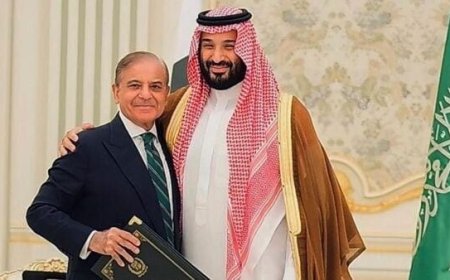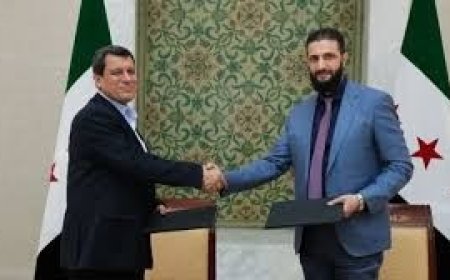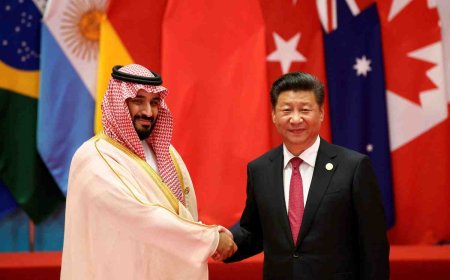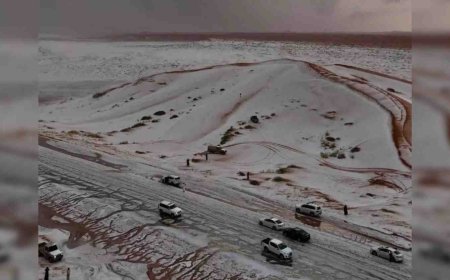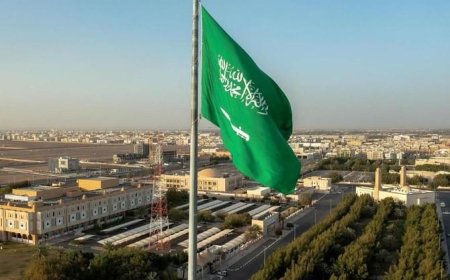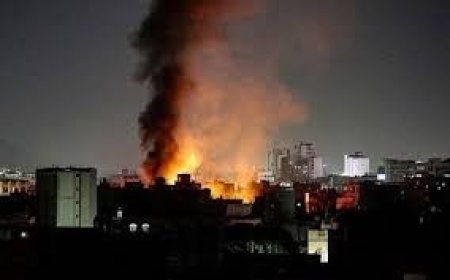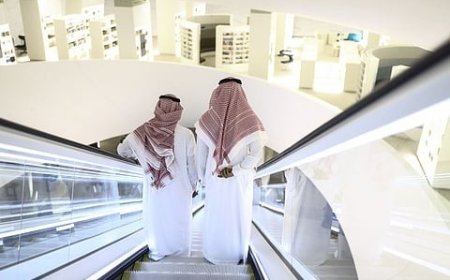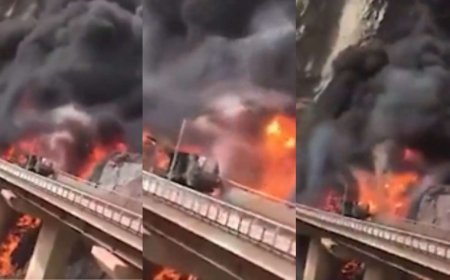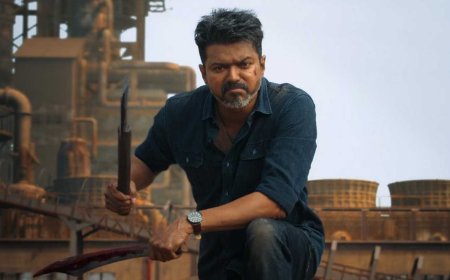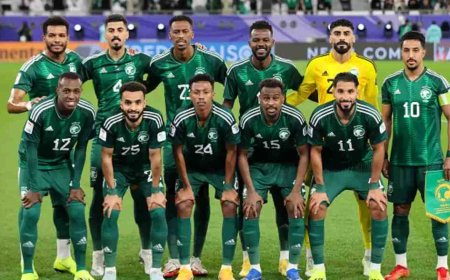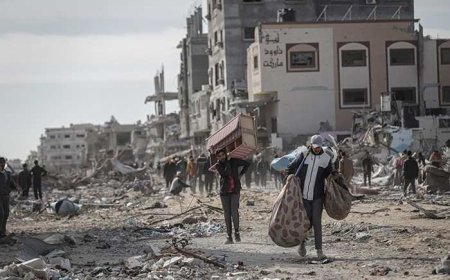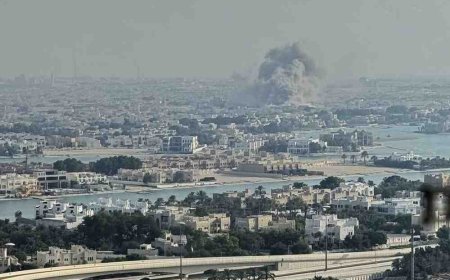Gaza Ceasefire on the Brink: Relentless Strikes and Aid Blockades Deepen Humanitarian Crisis
Gaza ceasefire nears collapse as Israeli strikes continue and aid remains blocked. Learn the latest on the Rafah crossing, hostage demands, and the escalating humanitarian crisis.
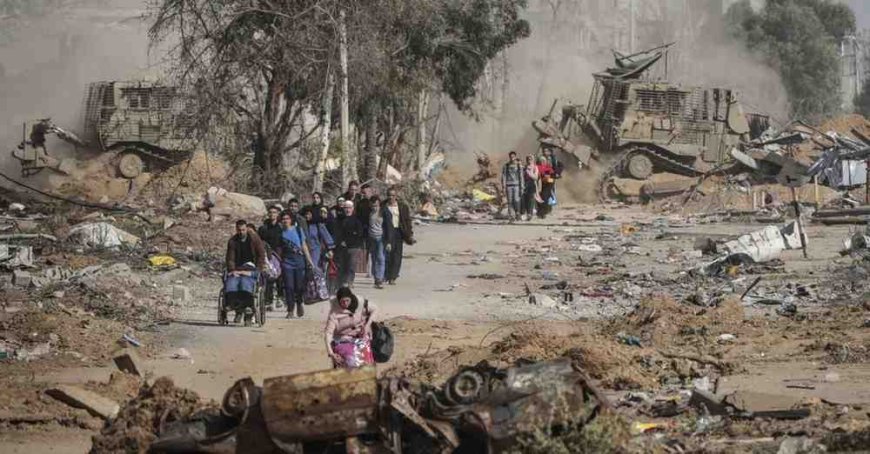
Gaza Ceasefire on the Brink: Strikes Continue and Aid Blocked Amid Rising Tensions
Tensions are escalating in Gaza as a fragile ceasefire shows signs of potential collapse. Despite the truce agreement, Israeli strikes have reportedly killed at least three Palestinians today, according to medical sources on the ground. This violence, combined with a deadlock over humanitarian aid, has cast a shadow of uncertainty over the region and raised fears of a full-scale return to conflict.
Stalled Aid and Ceasefire Demands
A central point of contention is the flow of humanitarian aid into Gaza. The Israeli government has stated it will continue to restrict aid into Gaza until Hamas fully complies with the ceasefire terms, specifically the release of all remaining captive hostages and the bodies of those killed.
This policy is directly impacting the Rafah crossing, a critical gateway between Gaza and Egypt. An Israeli agency has announced a delay in opening the crossing for civilian movement, citing security concerns and Hamas's non-compliance. This closure severely limits the movement of people and the delivery of essential supplies.
Ongoing Violence in a "Ceasefire"
While a ceasefire is formally in place, hostilities have not completely stopped. Israeli strikes in Gaza continue, with forces targeting what they describe as tactical objectives. Palestinian authorities report ongoing casualties and damage to infrastructure, underscoring the precarious situation for civilians who remain caught in the crossfire.
The continuation of strikes, even on a smaller scale, coupled with the blockage of aid, creates a devastating reality for Gazans, where safety and access to basic necessities like food, water, and medical care are severely compromised.
High Stakes and Diplomatic Pressure
The stakes for this ceasefire are immense. For Israel, the return of all hostages is a primary domestic and moral imperative. For Palestinians and international aid agencies, a stable truce is essential to address the deepening humanitarian crisis in Gaza.
Diplomatic actors are applying pressure on both sides to uphold their commitments. However, compliance remains fragile. Each new strike and every dispute over the terms of the agreement threatens to unravel the temporary peace, highlighting the profound lack of trust between the parties.
Unanswered Questions and a Precarious Future
As the situation develops, several critical questions remain:
-
Will aid restrictions continue? Israel's current stance suggests that the blockade on assistance will persist until its demands regarding the hostages are met.
-
When will the Rafah crossing open? Its continued closure is a major humanitarian bottleneck, and there is no clear timeline for it to resume normal operations.
-
Can the ceasefire hold? With lives already lost today, the potential for a single incident to trigger a major escalation is high.
The coming hours and days are critical. For the civilians in Gaza, a lasting and enforced truce is not a political abstraction but a fundamental necessity for survival. The international community watches closely, hoping to avert a slide back into widespread violence.
What's Your Reaction?








